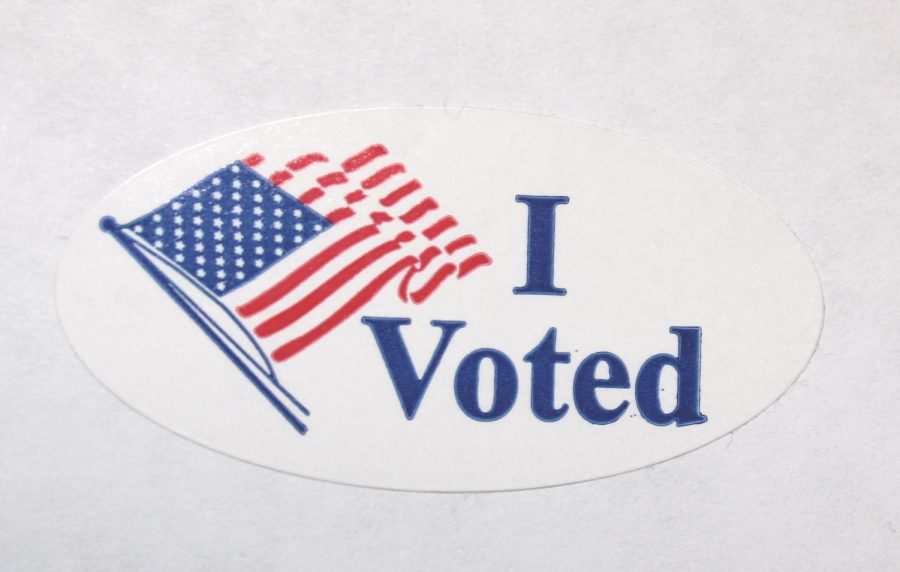Fair elections are the cornerstone of American democracy. They hold our leaders accountable to the people they represent. The openness of the ballot box manifests the equality of rights citizens hold in this nation.
As such, the institutions which control our elections should be doing everything they can to ensure that young people, who have historically poor turnout rates, engage with the political process. Unfortunately, the state of Tennessee– which has long lagged behind other states in voter turnout and voter registration– has been doing everything in its power to restrict college students’ suffrage.
In 2011, Tennessee was one of many states to enact a voter identification law, which makes possession of a valid ID a prerequisite for voting. While seemingly innocuous, this requirement can make voting cumbersome for many groups, including college students. The fine print of the bill is particularly pernicious: it specifically excludes student ID cards from the list of acceptable documents. As a result, if you’re a college student from anywhere but Tennessee, the only ID you could realistically use is a passport. And as of 2017, only 42 percent of Americans had a passport. Many students have no reason to bring their passports with them when they go off to school (and obtaining one costs more than $100). This disincentives out-of-staters from attempting to register to vote in Tennessee and blunts the impact of voter registration events on campus.
These assaults on the youth vote have continued into this year. A bill signed by Governor Bill Lee this May targets voter registration and get-out-the-vote groups. The law, which has temporarily been blocked by a federal judge, creates onerous regulations on such organizations and establishes fines for noncompliance, punishing groups for submitting more than 100 incomplete or erroneous applications. These new conditions disproportionately impact college campuses, which are often serviced by pop-up registration drives. Organizations that run such drives would have difficulty meeting these restrictions. Such groups were especially active in the runup to the 2018 midterms, likely driving a turnout that doubled the previous midterm’s youth vote in Tennessee. Additionally, these groups help register out-of-state voters, blunting youth participation in elections across the country.
In response, Vanderbilt (and all Tennessee schools) must redouble its commitment to help each of its students register to vote, whether it be here or their home state. Vanderbilt can allocate additional resources to the Office of Active Citizenship and Service, which, among other things, runs political education programs and provides information to help students register to vote anywhere. Additionally, we can build partnerships with youth voting rights groups like the Andrew Goodman Foundation, an organization that has taken legal action against Tennessee’s new restrictions and has been leading voter registration events on campuses. We can take direction from Tennessee State University, hosting pop-up registration drives in concert with these outside groups. The university can signal its dedication to increasing student turnout by publicly decrying these aforementioned restrictions or by using our legal capital to bolster ongoing lawsuits against these onerous new requirements.
Students must be at the forefront of this push. Unfortunately, College Democrats, College Republicans and VandyVotes have not followed through on their tabling efforts put forth for the just-passed 2019 elections. However, Students Demand Action and VandyVotes have been running voter registration events this week ahead of the 2020 presidential primaries.
State legislators have tried to silence us. If recent elections and ongoing mobilization efforts are any indicator, though, they will have a tough time doing so.

